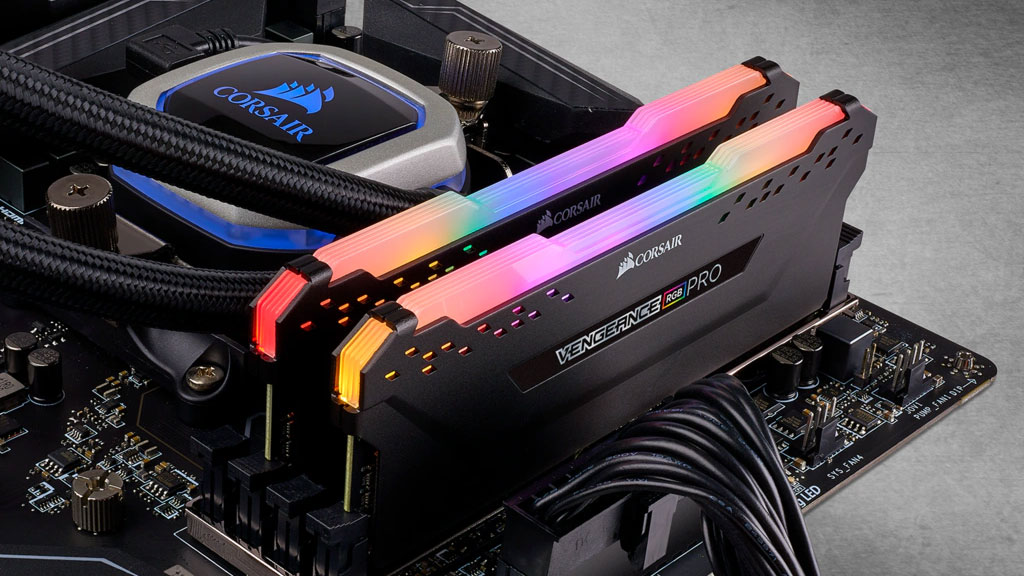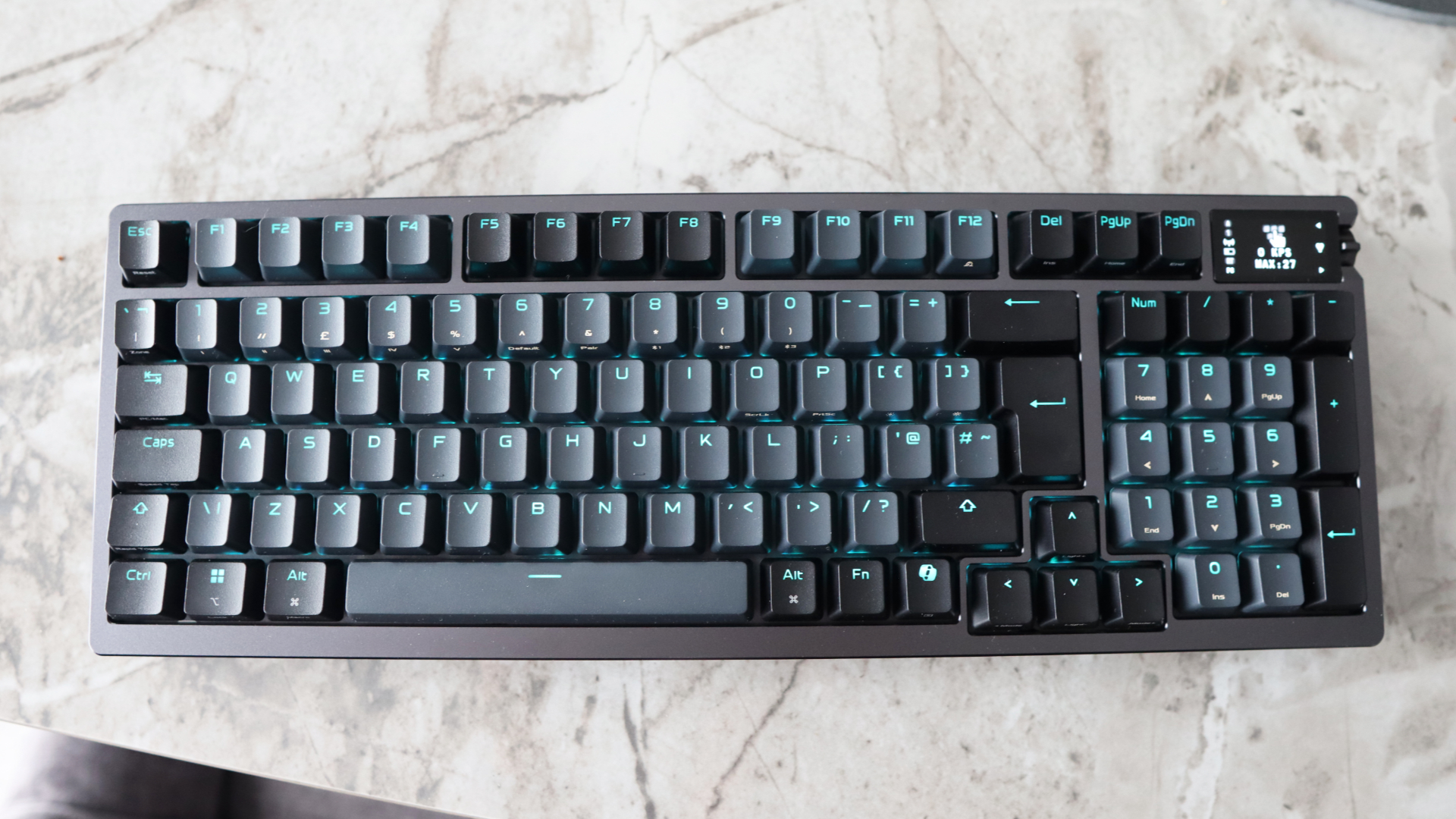A memory leak in Windows 11's File Explorer is holding users' RAM hostage
Windows 11 will soon be rolling out, but will File Explorer keep chomping through your RAM?

Memory leaks aren't a new thing for Windows users. Programs pop up from time to time using more RAM than they're meant to, but for those thinking of switching over to Windows 11 tomorrow there's something to bear in mind, in that you could be faced with memory leak issues caused by the OS's own File Explorer.
If you aren't aware of memory leaks as a concept, they're essentially what happens when a certain process that's been running on your PC refuses to release the cache memory space it's been assigned. Sometimes the RAM doesn't free up even long after the program's window has been closed, and that horded memory can cause all sorts of problems by slowing down your machine, and in extreme instances causing it to become unresponsive.
The Windows 11 File Explorer memory leak bug, which surfaced a couple of months ago thanks to the keen eyes of one Windows 11 Insider preview user, is outlined in a post by user gyrohan269 on the Windows 11 subreddit. They note that with each instance of Windows File Explorer opened, the RAM usage stacks and doesn't disperse upon exiting. The post was met with thousands of upvotes from those with a similar issue, and plenty of comments from users who were able to replicate the issue.
We're currently running version 22000.194 (which we believe is the release version) on our test bench, and I was able to reliably replicate the bug several times. And, no, the RAM usage still hadn't freed up even after about half an hour of waiting.
If you want to check if this is a problem for your own Windows 11 version, open Task Manager now and sort your processes by highest memory usage, then spam Win+E. You'll notice Explorer rise up the list pretty fast, and once you've closed them all keep an eye out to see if the memory frees up.

Best CPU for gaming: the top chips from Intel and AMD
Best graphics card: your perfect pixel-pusher awaits
Best SSD for gaming: get into the game ahead of the rest
There doesn't seem to be an official acknowledgement of the issue anywhere, let alone news of a coming fix. Thankfully it has been logged in the Feedback Hub so, if you can replicate it, do pile in so Microsoft are aware it's a wide-ranging issue.
Of course you can always restart the Windows File Explorer process manually to free up the cache from within the Task Manager, or prepare for trouble with one of the best RAM kits. But those who aren't aware of the problem could end up with a pretty clogged cache on upgrading to Windows 11.
Keep up to date with the most important stories and the best deals, as picked by the PC Gamer team.
Users sporting minimal RAM sizes, and those who don't often restart their PCs, could be faced with major issues if the problems surrounding File Explorer's RAM usage aren't rectified.

Having been obsessed with game mechanics, computers and graphics for three decades, Katie took Game Art and Design up to Masters level at uni and has been writing about digital games, tabletop games and gaming technology for over five years since. She can be found facilitating board game design workshops and optimising everything in her path.

